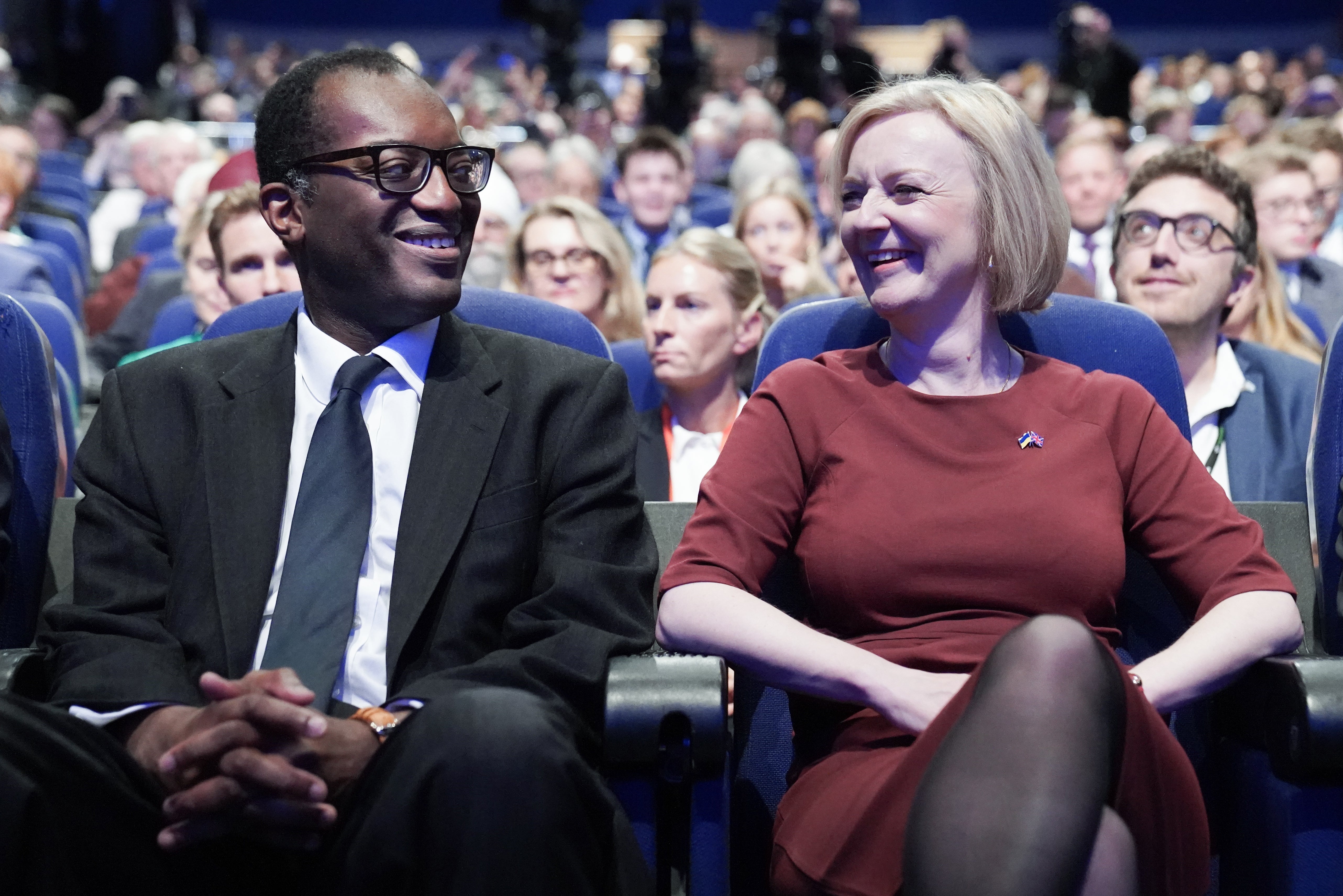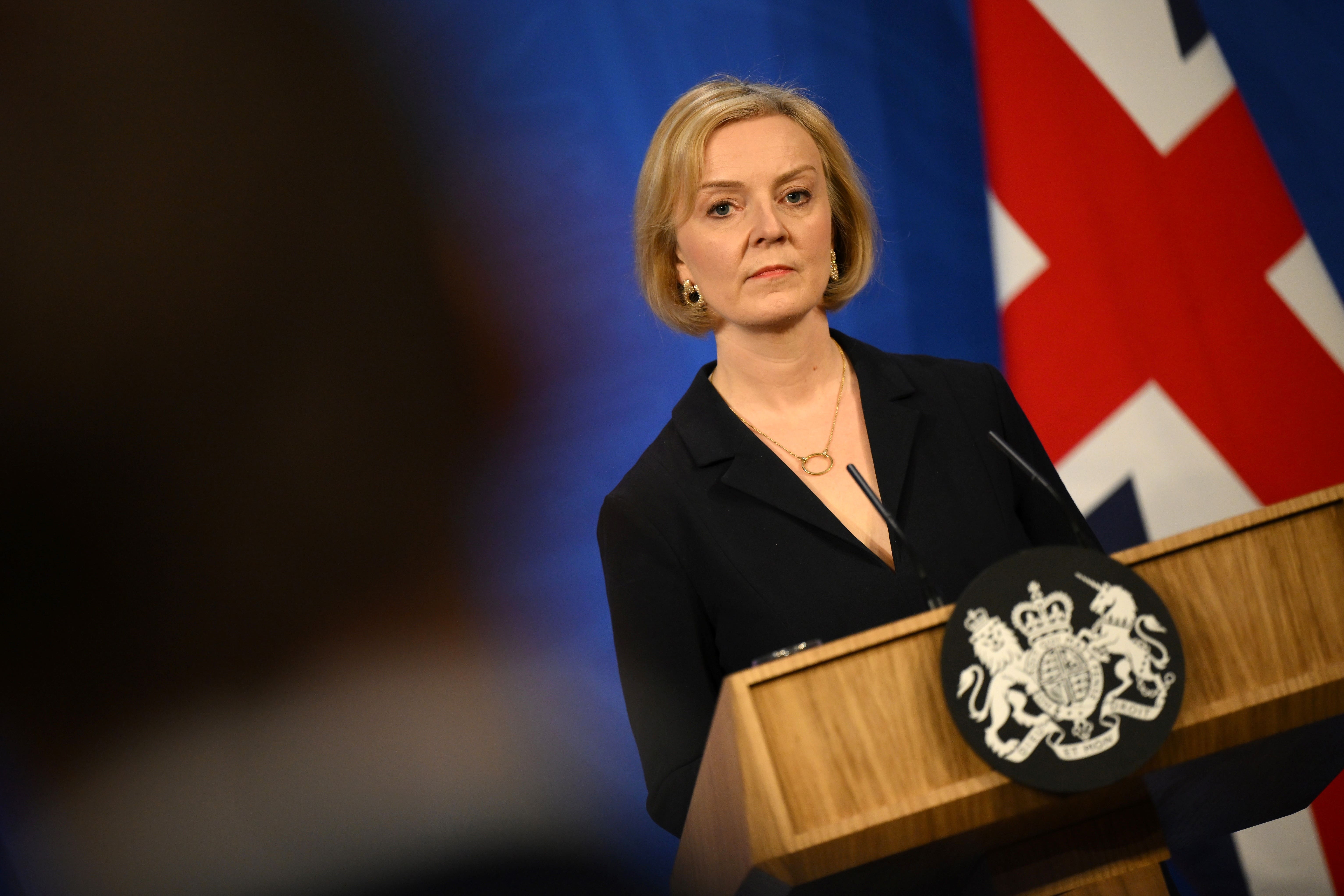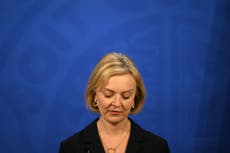What do the government’s tax changes mean for me?
From income tax to national insurance, here’s how Liz Truss’s ever-changing economic policies could affect you
Liz Truss’s new chancellor, Jeremy Hunt, has ditched further tax cuts introduced by his predecessor Kwasi Kwarteng as part of the disastrous “mini-Budget” he unveiled on 23 September – which spooked the markets with £45bn in unfunded tax cuts – during an emergency statement in which he also dramatically scaled back support for household energy bills from two years to six months.
Mr Hunt, who was only appointed on Friday, said he would be abandoning plans to cut the basic rate of tax by 1p, which had been due to be brought forward to April, and that it would remain at 20p in the pound until the country can afford to reduce it.
The cut in dividend tax promised by Mr Kwarteng will also go, along with VAT-free shopping for overseas tourists, the freeze on alcohol duty and the easing of the IR35 rules for the self-employed.
Mr Hunt said the tax measures alone would bring in £32bn after economists estimated Ms Truss’s government was facing a £60bn black hole in the UK’s public finances.
“Governments cannot eliminate volatility in markets but they can play their part and we will do so,” the chancellor said.
His swift intervention, which follows several weeks of market turmoil, major U-turns and a Tory capitulation in the polls, leaves Ms Truss’s already-negligible credibility in tatters, the economic platform she secured the party leadership on comprehensively shredded and the PM fighting for her premiership just six weeks after it began, trapped in an astonishing waking nightmare entirely of her own making.
So, as matters currently stand, how will the government’s tax changes affect you?
Income tax 45 per cent rate
In his initial budget, Mr Kwarteng announced that the 45 per cent income tax rate for those earning over £150,000 per year would be scrapped from April 2023.
The move would have meant a tax cut for the 660,000 people and would have favoured those on the highest incomes.

However, Mr Kwarteng was subsequently forced to confirm the cut would not go ahead (saying it had become “a distraction”) after a backlash from Tory MPs including Michael Gove and Grant Shapps, the first of several huge U-turns that would spell the end for his radical but ludicrous mini-Budget.
Corporation tax
After summoning Mr Kwarteng back to London from an IMF meeting in Washington, DC, on Friday 14 October in order to be sacked and replaced with Mr Hunt, Ms Truss gave a very short and highly awkward press conference from the Downing Street Briefing Room in which she announced another U-turn.
Corporation tax, paid by companies on their profits, will now rise from 19 per cent to 25 per cent next year after all, she said, despite her former chancellor telling Parliament it would be scrapped as part of their shared “growth, growth, growth” agenda.
Ms Truss insisted she still wanted to deliver a “high-growth economy” but also conceded that her borrowing-fuelled plan “went further and faster than markets were expecting”, adding: “The way we are delivering our mission right now has to change.”

Announcing the move to raise £18bn a year, she said the government had to “reassure the markets of our fiscal discipline”.
Income tax basic rate
In yet another embarrassing volte face, the basic rate of income tax for taxpayers in England, Wales and Northern Ireland will now remain at 20 per cent until the country can afford to drop it, Mr Hunt has ruled.
In a move saving £5bn a year, the chancellor announced that he was not only reversing Mr Kwarteng’s decision to bring the cut to 19p forward to 2023, but also ex-chancellor Rishi Sunak’s promise to introduce the cut in 2024.
The basic rate will remain at 20p “indefinitely”, he said, cancelling out a gesture that Mr Kwarteng had promised would “mean 31m people will be better off by an average of £170 per year” in 2023/24.
National insurance
The 1.25 percentage point increase, introduced by Mr Sunak in April this year, will still be reversed from 6 November (as things stand, that is), according to Mr Hunt.
The basic-rate taxpayer will save an average of about £14 a month as a result. However, the change will not provide any assistance to those on the lowest incomes, as those earning less than £12,570 a year do not pay national insurance.
For someone earning £20,000, they can expect to save £93 a year, while someone on £30,000 will save roughly £218. Workers on a salary of £40,000 will save £343, while a salary of £60,000 will see savings of £593, and £1,093 for someone on £100,000.
Stamp duty
Mr Kwarteng cut stamp duty in his mini-Budget, raising the price at which it starts to be payable from £125,000 to £250,000, as Mr Sunak had done during lockdown, and this too is still set to go ahead on Mr Hunt’s watch.

For first-time buyers, there is a special rate that raised their threshold from £300,000 to £425,000.
Stamp duty is only applied to properties bought in England and Northern Ireland.
The cut will mean more than 200,000 buyers won’t pay stamp duty, with the changes costing the government about £1.5bn a year in lost tax revenue.
Changes to IR35
Mr Kwarteng had said that, from April, the IR35 reforms relating to how independent contractors determine how much tax they owe would be repealed, changing the rules on off-payroll working that were introduced in 2017 for the public sector and in 2021 for the private sector.
That might have impacted the UK’s 4.29 million self-employed workers but Mr Hunt has since said the policy will likewise be tossed on the bonfire of “Trussonomics”.
Join our commenting forum
Join thought-provoking conversations, follow other Independent readers and see their replies
Comments


Bookmark popover
Removed from bookmarks